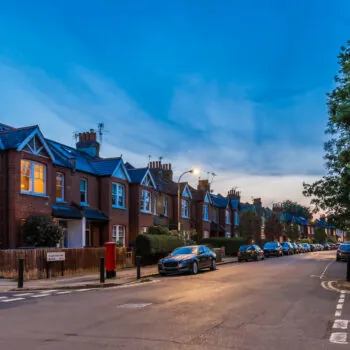The Energy Company Obligation (ECO) is Britain’s first line of defence against fuel poverty, delivering new boilers, heating controls and energy-saving insulation measures to households that could otherwise not afford them. It provides immediate relief to struggling families and can reduce their long-term exposure to rising energy prices through energy efficiency.
ECO is a UK government programme to tackle fuel poverty and reduce carbon emissions through energy efficiency and new heating technology installations. Measures are installed in the homes of those either in fuel poverty or otherwise considered vulnerable by energy companies, and the costs are recovered through a levy on bills.
ECO has saved low-income customers £17.5bn in lifetime energy bills since 2013. The average saving for homes improved under ECO is £290 per year. Cutting ECO or suspending the uplift planned for this year would be deeply counterproductive for households and industry.
This briefing lays out the following key points on the Energy Company Obligation:
- Without ECO the government cannot meet its statutory fuel poverty targets
- Removing or suspending ECO would damage the levelling-up agenda
- ECO is not a “green tax”
- Cutting ECO would cost 30,000 jobs and decimate a critical industry
- Cutting ECO or suspending the ECO4 uplift must be taken off the table


